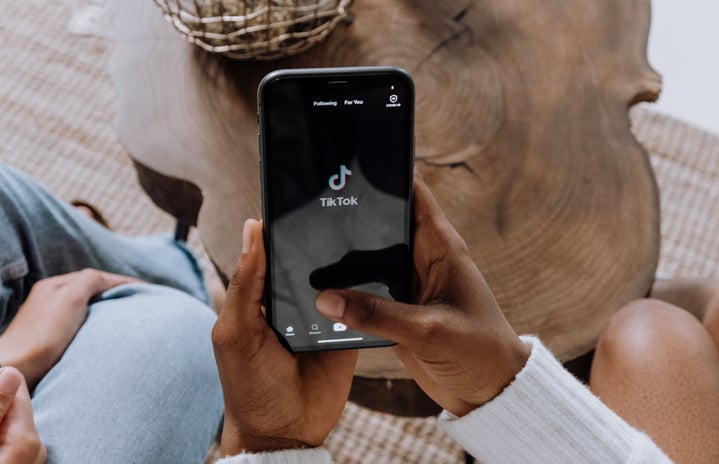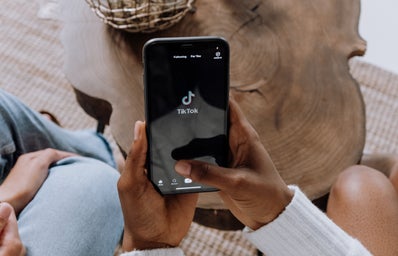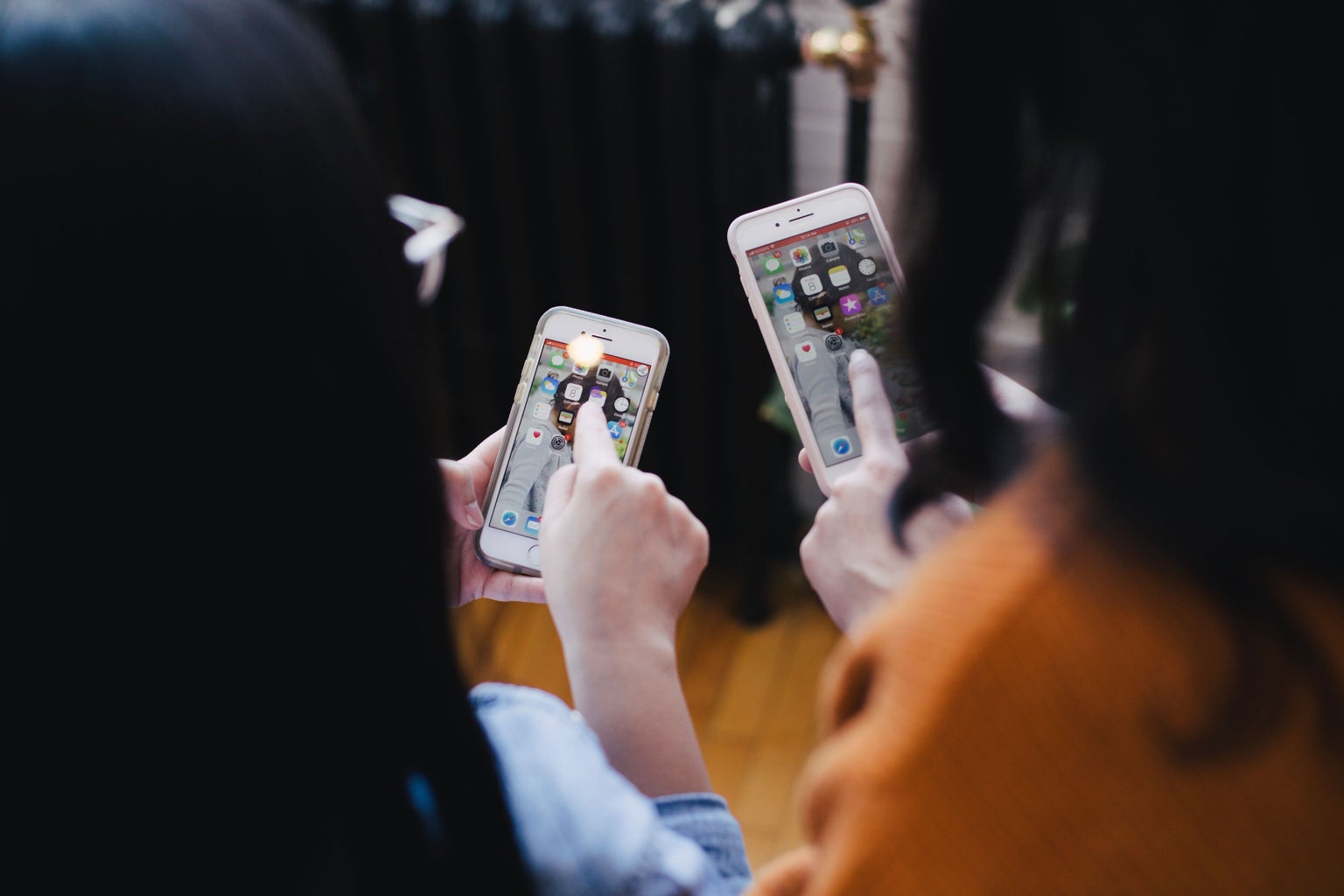About a month ago, I had brunch with a few of my friends who had deleted TikTok and told me they felt noticeable improvements in multiple areas of their lives. I decided that day to delete it as well, just to see what it would be like. Since deleting it, I have not found myself regretting that choice at any point, and I truthfully don’t think I can see myself ever re-downloading it.
One of the main reasons I wanted to delete TikTok was that it had become a crutch for me when I was bored. Every time I woke up, or was waiting for class to start, or was just sitting in my room with nothing to do, I would go straight to TikTok for anywhere from five to 30 minutes. And the problem is, once you start scrolling on it, time just goes so fast and you have no conception of how long you’ve been sitting there watching videos. I didn’t like that it had become my instinct to grab my phone the second I became bored, and I wanted to give myself the opportunity to do pretty much anything else with my extra time. Now, I have more incentive to do my homework when I’m bored, make a snack, or even just sit with my thoughts, which I have noticed is so much better for my mental health.
Another reason I felt inclined to get off of TikTok is that it facilitates a lot of parasocial relationships, which aren’t always unhealthy, but began to feel a little worrying to me. Cambridge Dictionary defines parasocial as “involving or relating to a connection between a person and someone they do not know personally.”
People who become invested in influencers on TikTok in the course of their lives begin forming parasocial relationships with them, without truly knowing anything about them. I realized it was a little strange of me to look up my favorite influencers every day on TikTok to see if they had posted any new updates about their lives and to genuinely worry about their relationships and breakups. The lives of the influencers I loved became a big topic of conversation for me and my friends, and I really just didn’t want to be that invested in people I didn’t know anymore. Now that I’m no longer experiencing those parasocial relationships, I feel a sense of freedom that’s very good for me.
The final big reason I wanted to delete TikTok was because I could feel my attention span getting shorter, and that was very unsettling. If I was watching on the app any longer than 15 seconds, about 80 percent of the time I would use the 2x speed function to make the video go by faster. The fact that I couldn’t even sit through a video that was 30 seconds long told me my attention span was deteriorating, and TikTok, with its short videos that you can easily skip through, was the main culprit. My short attention span was starting to affect many areas of my life, including my ability to do readings for class or even sit through a whole movie without also looking at my phone. As such, I deleted the app in hopes my attention span would slowly be cured over time. Although there’s still much work to be done, I can feel my attention span lengthening.
After I first deleted TikTok, I found myself instinctually going to open the app while I had a moment of rest, and that just proved to me how much of a true addiction I had to it, making me even happier I deleted it. I would encourage everyone to delete TikTok, even if just for a short period of time, to see how it changes certain parts of their lives. Some of the results can be very surprising, and I don’t think you can truly see how much of a hold the app has on you until you delete it. Overall, I hope I don’t give in to re-downloading TikTok, because I have noticed a lot of positive changes in my mental health and habits over the past month.



